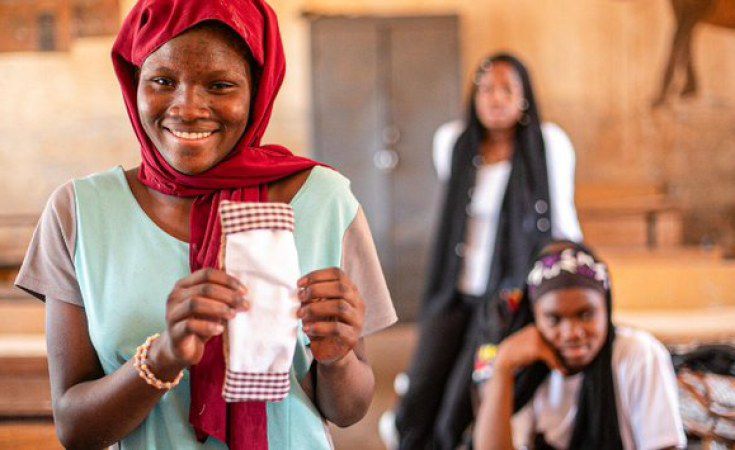 Image Source: AllAfrica
Image Source: AllAfrica
Nigeria has been making giant leaps in responding to period poverty, placing menstrual health on the country's national policy agenda as millions of women and girls remain hampered by safe and dignified menstruation. The recent government moves, such as exempting sanitary pads and tampons from the value-added tax in the new Finance Bill, are a giant stride towards the affordability and accessibility of menstrual products. But with an estimated 37 million Nigerian girls and women remaining without sustainable access to period products, it is one of continuing concern.
Campaigners point out that period poverty isn't access to products—it's about education, dignity, and gender equality. The taboos and shames around menstruation persist in many locations, especially conservative communities, further marginalizing girls and women. The majority miss school or work because they lack facilities, because they get harassed, or because they're ashamed, cycling them back into disadvantage and limiting their futures.
Stakeholders are calling for integrated coverage: subsidizing or providing free products, such as menstrual health education in school curricula, and provision of safe, isolated sanitation facilities in schools and the workplace. Personalized support to marginalized groups, such as individuals with disabilities, is also being called for to ensure that no one is left behind.
As Nigeria considers national policy on management of menstrual health and hygiene, the campaign is building momentum for a world where every girl and woman can exercise control over her period in confidence and dignity.
Source: Daily Trust, Gavi, UNFPA, World Economic Forum
Advertisement
Advertisement



